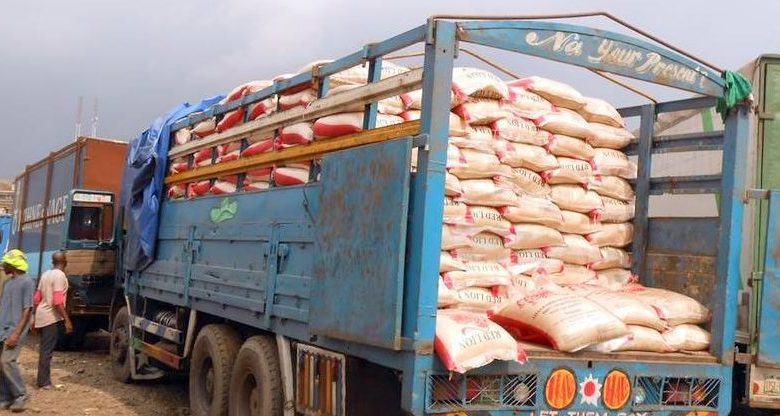
Hundreds of residents in Abuja have voiced frustration over the difficulty in accessing the Federal Government’s subsidised rice.
The programme, which offers 50kg bags of rice at ₦40,000, has been met with long delays and logistical challenges at the payment centres, leaving many without the promised product after several days of waiting.
Residents of the Nigerian Agricultural Insurance Corporation (NAIC) headquarters, one of the designated payment centres, complained of chaotic arrangements and slow processing.
Despite arriving as early as 6 a.m. to register, many could not make payments after several attempts.
“I’ve been coming since Monday, and I still haven’t been attended to,” said Mr Emmanuel Oshodi, a civil servant. He added that on Tuesday, he was informed that only journalists were being attended to, but even they struggled to progress.
The distribution process, part of the government’s efforts to ease economic hardship by selling 30,000 metric tons of rice at a subsidised price, requires residents to pay at the NAIC office before collecting the rice at another location in Abuja’s Central Area.
However, access to the payment centre has been extremely limited, with small groups allowed in at infrequent intervals.
Another resident, Mrs Deborah Alexis, shared her frustration after waiting hours only to be told the payment system was down.
“When will they attend to the hundreds of people waiting here? Is this how we’re going to suffer just to buy a bag of rice?” she questioned.
Other residents, like Mr Ebenezer Ayiri, expressed concern over the system’s inefficiency and suggested that payment should be simplified.
“They could use the National Identification Number (NIN) for verification and online payment platforms to make things easier for everyone,” he said.
Amid the growing discontent, an official claiming to be from the Office of the National Security Adviser (ONSA) threatened to shut down the exercise after being denied access to the NAIC building. However, no NAIC officials were available to comment on the situation.
This subsidised rice initiative is part of a broader federal government effort to address food security and ease the financial burden on citizens during these tough economic times.
Yet, the distribution hurdles have left many questioning the government’s commitment to achieving these goals.
